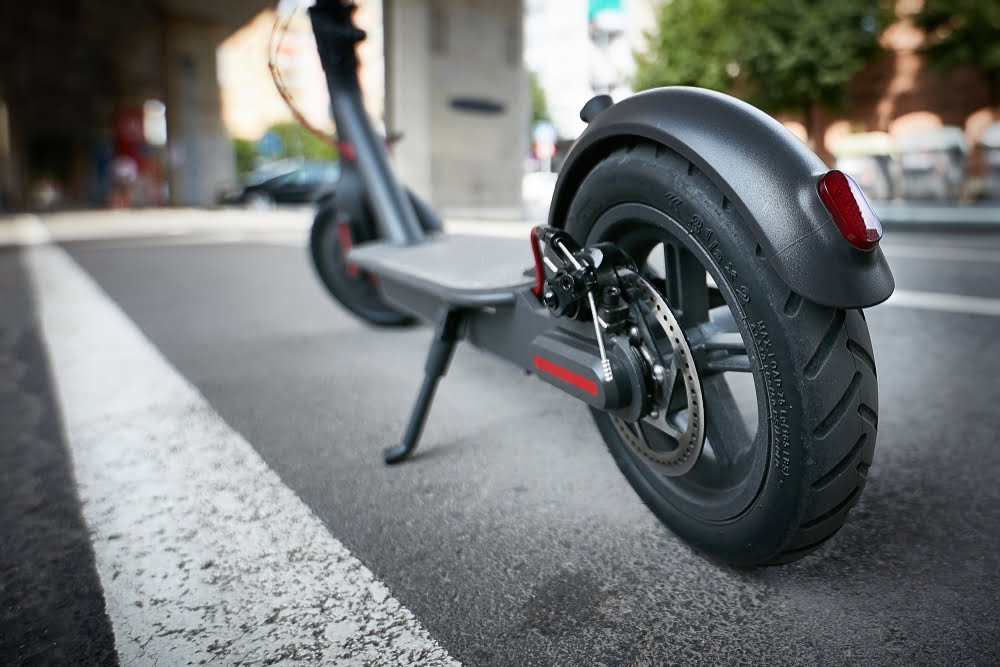With the rise of these electric vehicles such as the e-step studies are gradually appearing that for the time being are limiting the focus to their use in a MaaS sub-concept. These initial studies show that the air quality costs of electric scooters are higher than might be expected.
"De logistical operations such as loading and grouping the electric scooters at collection or delivery points, often carried out with heavy diesel vehicles. If the scooter user comes by public transport or by bicycle, the environmental balance is negative, ”said Minister Cora van Nieuwenhuizen.
Due to the often wild or even vandalistic use of the e-scooter, the lifespan is also too short for a scooter provider to recoup the investment costs, according to a study from McKinsey to the use of these types of vehicles as a sharing concept. In view of the attention for these types of vehicles, the Minister expects that more studies will follow that also look broader than just use in a partial concept.
On 7 June 2019, the Minister informed the House about the rules that other Member States apply when accessing these types of vehicles to the road. This shows that there are major differences in authorization and use between different Member States. This underlines once again the need to harmonize these rules at European level.
Until that happens, each member state will have to make its own rules about the authorization and use of the e-scooter. That is why the Netherlands is an active advocate in a European context for a harmonized framework for this type of vehicle.
Also read: Tweet Minister corrects incorrect information about electric steps in media



